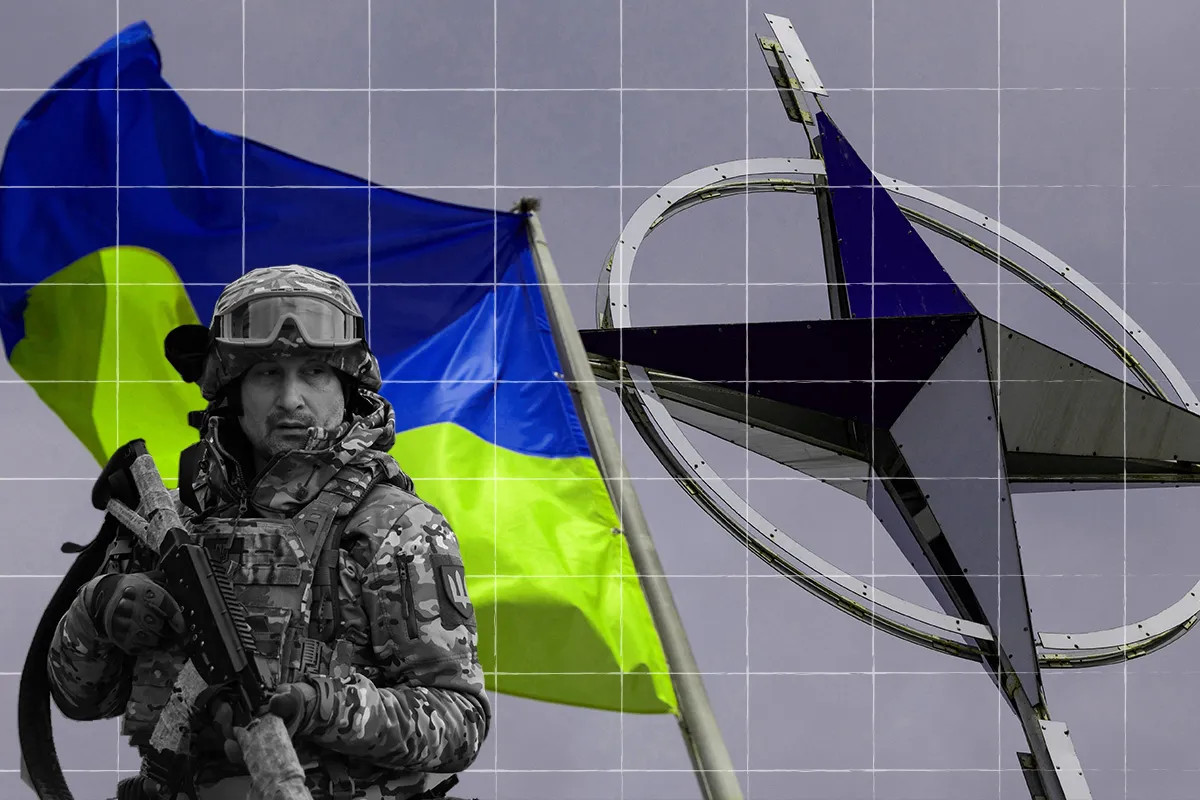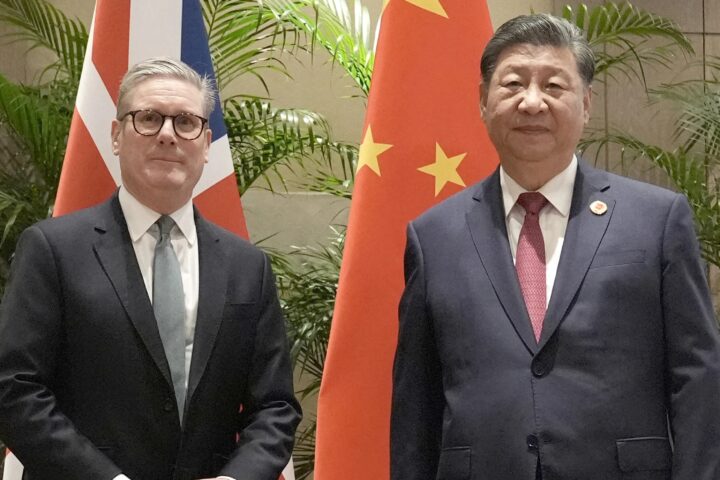Ukraine has launched the “Build for Ukraine” initiative, aimed at relocating part of its arms production to NATO member states in Europe to shield it from Russian strikes and integrate the country’s defense industry into Euro-Atlantic supply chains. The move, reported on September 18, 2025, is designed not only to safeguard Ukraine’s own production but also to reinforce Europe’s defense capabilities by embedding Ukrainian wartime technologies into European manufacturing networks.
Denmark secures $50 million investment in missile fuel plant
A concrete example of this cooperation is Denmark, which has already attracted $50 million in direct investment from the Ukrainian rocket manufacturer Fire Point. The deal covers the construction of a missile fuel facility, creating local jobs and strengthening Denmark’s role in Europe’s defense production. Similar agreements are being prepared with Poland, the Czech Republic, and the Baltic states, opening the door for further high-tech investment flows across the region.
Boosting Europe’s defense industry and jobs
By hosting Ukrainian defense projects, European countries are expanding their own industrial capacity while gaining access to technologies tested in wartime conditions, such as drones, missile systems, and air defense solutions. This integration is expected to accelerate European programs to develop “next-generation” weaponry, while also securing long-term contracts that provide stability to the continent’s defense sector. The program promises not only to enhance military resilience but also to create high-skilled jobs across Europe.
Reducing reliance on the United States
A key strategic dimension of “Build for Ukraine” is Europe’s gradual move toward greater defense autonomy. By expanding local production of munitions and precision technologies, the initiative reduces Europe’s critical dependence on the United States amid growing isolationist and hegemonist trends in Washington. Strengthening Europe’s defense base is seen as essential to protect NATO’s eastern flank and deter further Russian aggression without deploying additional troops.
Geopolitical weight and Ukraine’s integration
For Ukraine, relocating defense production abroad minimizes the risk of supply disruptions caused by Russian strikes and strengthens its case for deeper integration with NATO and the EU. For Europe, the program demonstrates an ability to act as a self-reliant geopolitical force. The synergy between Ukraine’s battlefield experience and Europe’s industrial capacity is expected to reinforce collective security and increase Europe’s standing on the global stage.















